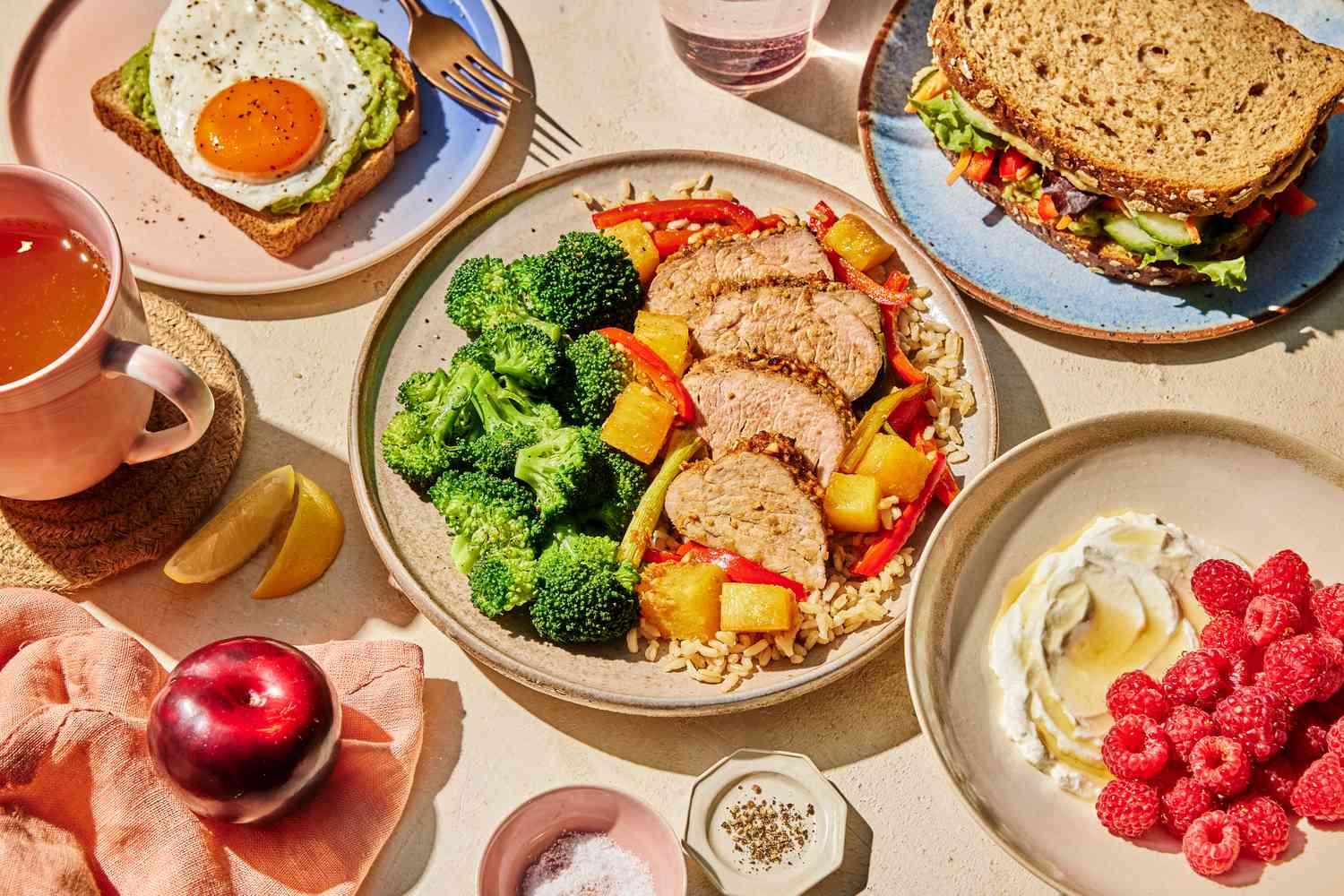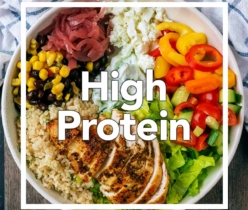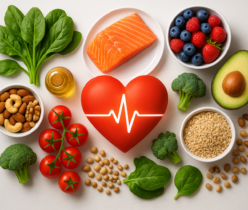Meal & Nutrition Plan for Athletes in 2025:
If you’re a professional athlete, you already know that solid training isn’t enough. What you give your body by eating healthy food and proper nutrients, and when you fuel it, can make the difference between feeling inactive on the field and performing at your peak. Think of your body as a high-performance car; the timing and quality of the fuel you put in determine how well it works.
Let’s start to survey the art of nutrition timing and turn it into pieces in simple, actionable steps—so you can get the best training session.
Pre-Workout Nutrition for Meal & Nutrition Plan for Athlete: What to Eat and When?
Suppose stepping onto the way, court, or gym floor with an empty belly. Not ideal and good, right? Pre-workout nutrition is about preparing your body for the stress you have to face ahead. Do you want to know about the meal & nutrition plans for athletes?
When to eat: 2–3 hours before training.
What to eat: A mix of complex carbohydrates, lean protein, and small amounts of healthy fat.
Examples: oatmeal with Greek yogurt or a turkey sandwich on whole-grain chicken and brown rice bread.
If you’re in a hurry and only have 30–60 minutes, keep it light and healthy and fast-digesting:
• A slice of toast with honey
• Banana with peanut butter
• Whey protein shake
Goal: Provide steady energy and prevent early fatigue.
Fueling During Exercise: Keeping the body’s Engine Running
If your workout, game, or another work lasts more than 90 minutes, your body needs a mid-session stop-off. Long-bearing efforts exhaust glycogen stores and consume electrolytes.
Carbs: 30–60g per hour (sports gels, bananas, raisins, or a carb-rich drink)
Fluids: Sip water consistently; for sweaty or hot conditions, add electrolytes
Goal: Maintain energy levels and stay hydrated. Meal & Nutrition Plan for Athlete
Post-Workout Recovery: The Golden Window
Your muscles are like wipes after the training class, ready to consume nutrients and start mending. This is often called the anabolic window, and while it’s not magic, eating within 30–45 minutes post-exercise makes recovery smoother.
• Carbohydrates
(to restore glycogen): rice, fruit, white bread, or a recovery shake
• Protein
(to rebuild muscle): eggs, whey, milk, or tuna
• 3:1 ratio carbs to protein
Example: a protein shake mixed with banana and oats.
Goal: stimulate muscle repair and recharge energy stores.
The Hours After: Reinforcing Recovery
• Within the next 1–3 hours, sit down for a balanced, wholesome meal.
• Lean protein: salmon, chicken, or tofu. Meal & Nutrition Plan for Athlete.
• Compound carbs: sweet potatoes, whole-grain pasta, etc.
• Veggies for antioxidants and fiber
• Healthy fats: avocado, nuts, or olive oil.
Goal: Reduce inflammation, stabilize energy, and support continued repair.
Before Bed: Overnight Fuel
When you sleep the whole night, muscle repair is working overnight; it doesn’t stop. Night nutrition can help your body in the recovery and prevention of cracked muscles.
- Casein-rich foods: cottage cheese, Greek yogurt, or a casein shake
- Add a couple of seeds and nuts for healthy fats
- Goal: Support overnight muscle recovery and prevent breakdown
- Tips for Athletic Nutrition Timing
Hydrate all day—don’t wait until you’re thirsty.
Caffeine can increase performance if taken 30–60 minutes before training, but avoid it late in the evening.
Continuous hard work matters more than perfection. Fueling your body regularly with the right foods and nutrients beats occasional “perfect timing” for body maintenance.
Conclusion
Eating like an athlete isn’t about obsessing over every bite. It’s about lining up your meals with your body’s needs. Before workouts, you’re fueling up. During long sessions, you’re topping off. Afterward, you’re repairing. And at night, you’re setting the stage for tomorrow’s success.
When you master nutrition timing, you don’t just train harder; you recover faster, perform better, and feel unstoppable.
FAQ’s
1. Are supplements necessary for athletes?
Food should be the starting point and foundation of the body. But supplements like whey proteins, electrolytes, and creatine help us with certain problems, but if you want to use them, you should consult with your therapist or use them under personal guidance.
2: What is the importance of nutrition for athletes?
Nutrition is very important for athletes for their body strength. It’s essential for a hard training session or for a training session. It helps athletes to recover from injuries, speed up performance, and minimize the risk factors. For proper working, they should take care of nutrition to maximize energy.
3. What role does hydration play in nutrition timings?
Intake of water consistently; it is as important as the food you eat. Proper hydration speeds up the electrolytes and maintains the body’s environment.



